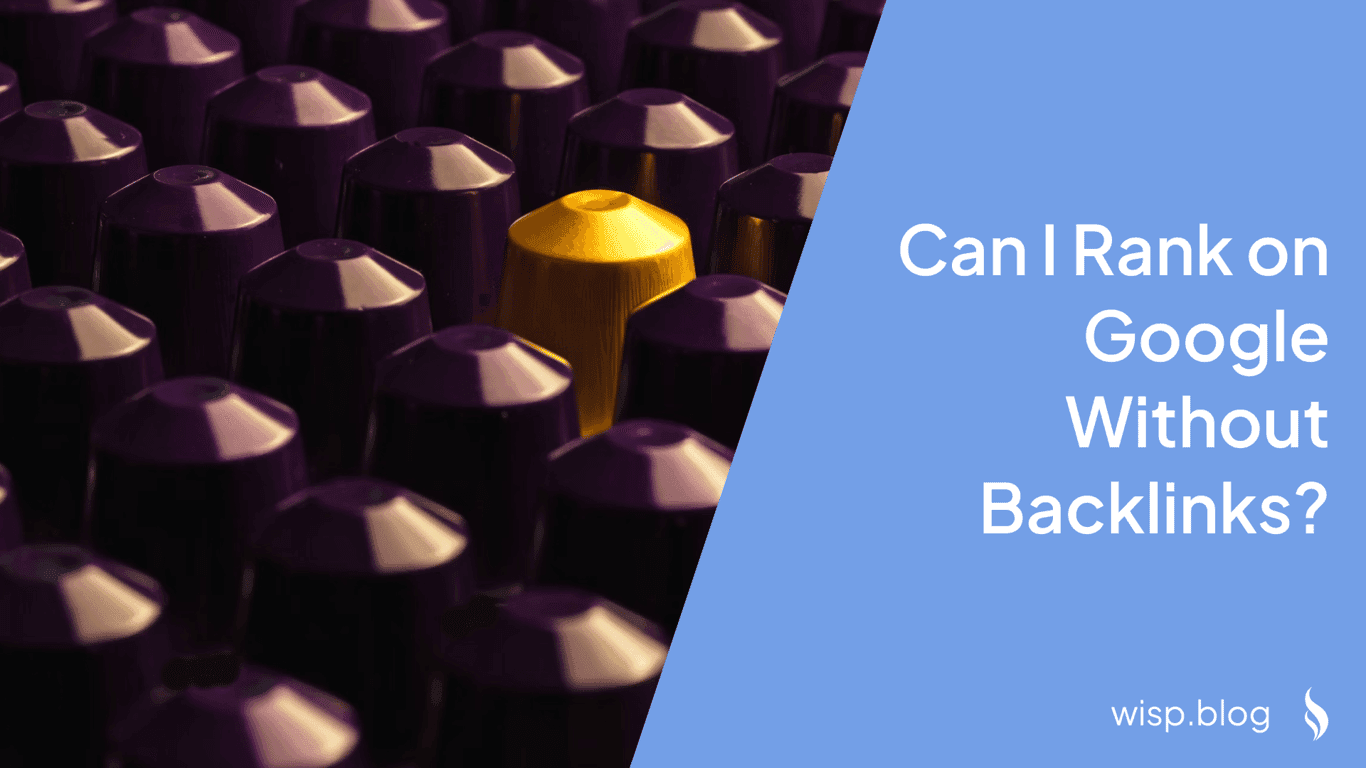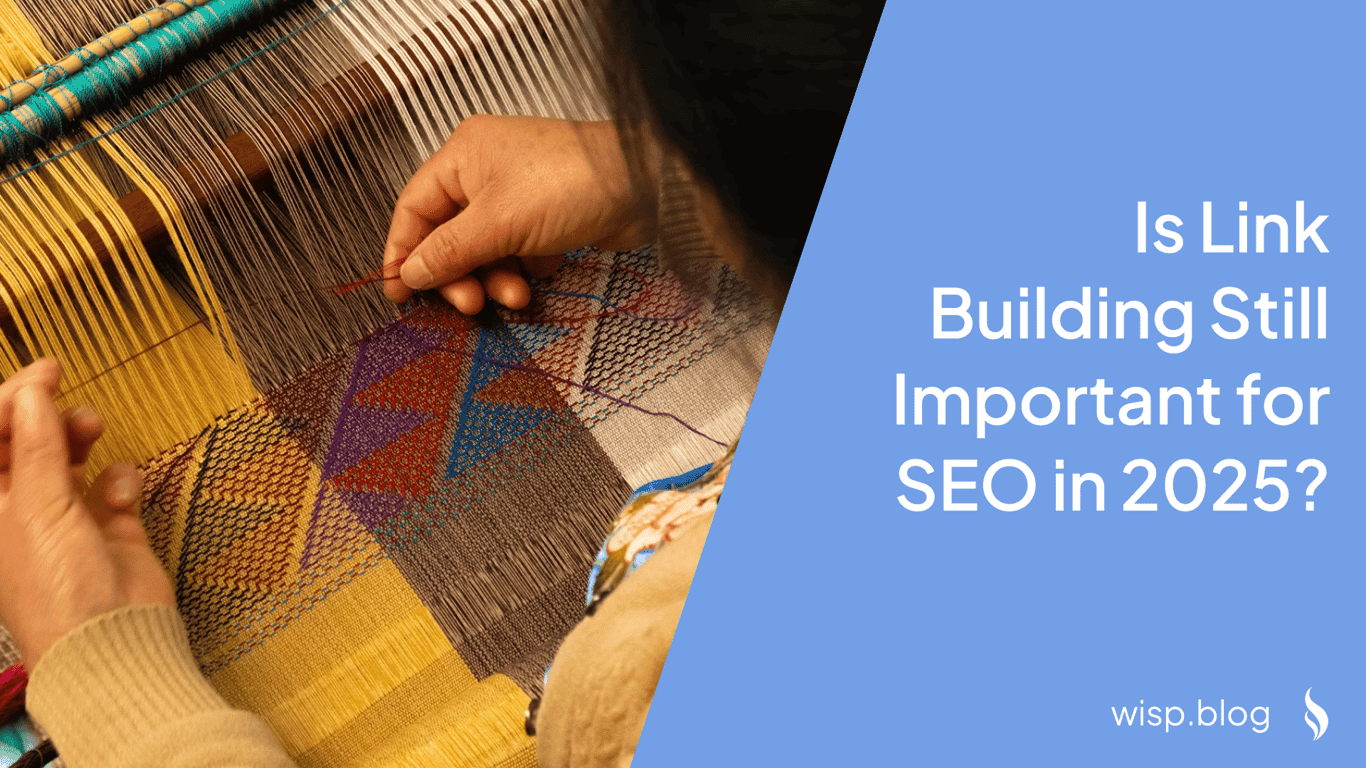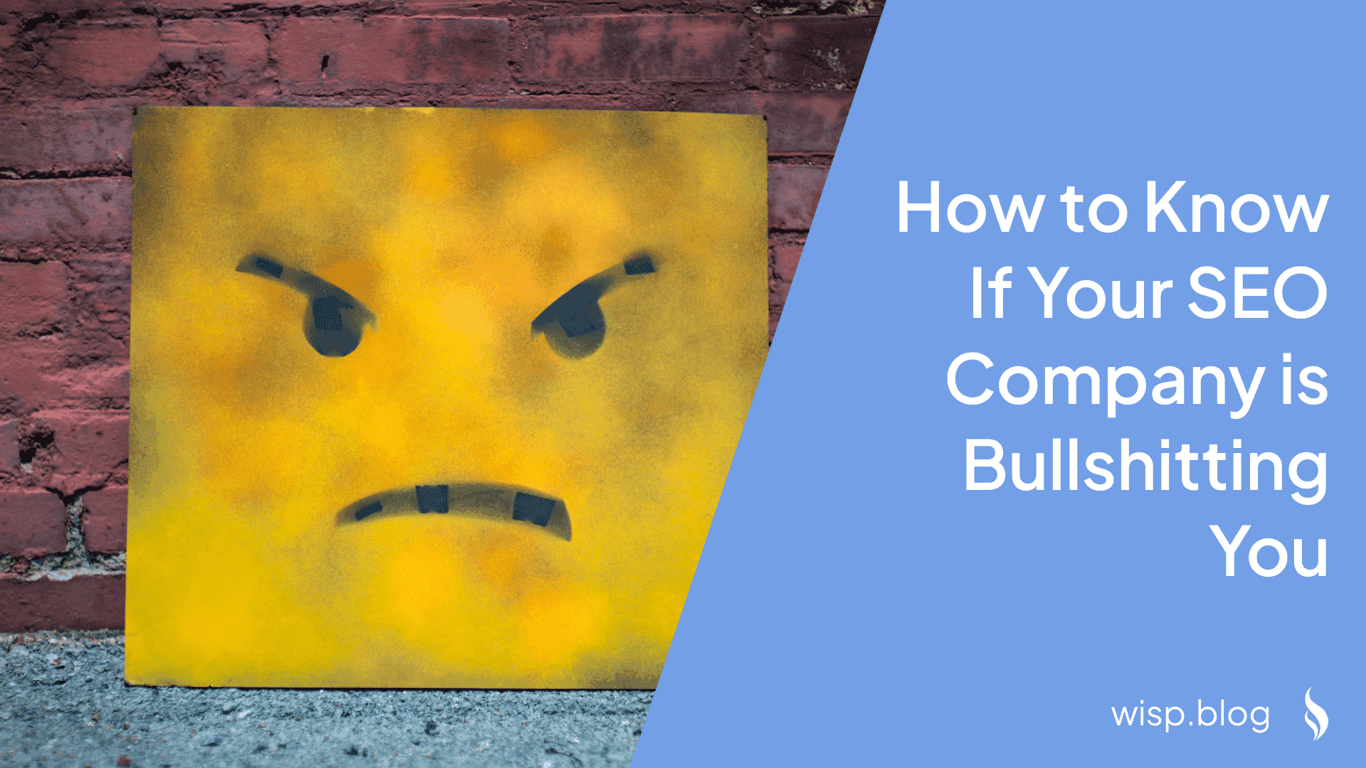
You're staring at your analytics dashboard in disbelief. Your website traffic has plummeted by 50% - content that's been ranking well for months, even years, suddenly lost its position. That sinking feeling in your stomach grows as you realize those "affordable" backlinks you purchased might be the culprit.
If this sounds familiar, you're not alone. Many website owners, facing fierce competition and pressure to rank, turn to purchasing backlinks as a shortcut to success. As one site owner confessed on Reddit, "I found my answer and it's because of the amount of backlinks my competitors have compared to my ZERO backlinks... it's really taking a toll on the success of my website."
But here's the reality: while buying backlinks might seem like a quick fix, it often leads to severe consequences, especially following Google's recent updates targeting manipulative link-building practices. The good news? There's a way back from this setback, and we'll show you exactly how to recover.
The Real Cost of Bought Backlinks
Immediate Risks
Google Penalties: Both algorithmic and manual actions can tank your rankings
Traffic Loss: Many site owners report 50% or more traffic drops after Google updates
Wasted Investment: Quality backlinks can cost upwards of £200 each, with cheaper options often causing more harm than good
Reputation Damage: Spammy backlinks can associate your brand with low-quality websites
Long-term Consequences
One website owner shared their experience: "I realize this was a mistake and how it negatively affected my SEO overtime." The impact often isn't immediate - it might take months before you notice the damage, making it harder to pinpoint the cause and recover.
Signs You've Been Hit by Bad Backlinks
Watch out for these warning signs:
Sudden traffic drops, especially after Google updates
Unexpected increase in backlink count (one site reported jumping from 7,000 to 30,000 backlinks due to a negative SEO attack)
Manual action notices in Google Search Console
Gradual decline in rankings across multiple keywords
Increase in spammy referral traffic
Your Recovery Action Plan
1. Stop Buying Backlinks Immediately
First things first - stop any active backlink purchasing campaigns. As one SEO expert noted, "Buying backlinks is not a white-hat SEO technique. As you have seen after the Google spam update Oct 2022, many sites have lost their ranking and traffic."
2. Conduct a Thorough Backlink Audit
Use tools like Google Search Console or SEMrush to:
Export your complete backlink profile
Identify suspicious patterns (sudden spikes in backlinks)
Flag low-quality or spammy domains
Document everything for your recovery process
3. Start the Clean-up Process
A. Manual Link RemovalCreate a spreadsheet of all toxic backlinks
Draft a polite outreach template
Contact webmasters requesting link removal
Document all communication attempts
As recommended by several SEO experts on Reddit, "You can Disavow backlinks you bought but it doesn't give you the authority back. Use Google Search Console to disavow the backlinks pointing to your site."
Here's how:
Create a disavow file listing all toxic domains
Submit through Google Search Console
Monitor results over the next few weeks
Keep documentation of all disavowed links
4. Implement Positive SEO Practices
While cleaning up toxic backlinks, start building a healthy link profile:
Content-First ApproachCreate high-quality, linkable content
Focus on solving real user problems
Build content that naturally attracts links
Develop resource pages and industry guides
HARO (Help a Reporter Out)
While some users report mixed results ("I've been using HARO and Help a B2B writer, but haven't been getting much results"), persistence and targeting relevant queries can yield quality backlinks
Strategic Guest Posting
Focus on relevant industry websites
Avoid mass guest posting services
Expect to invest around £100-200 for quality placements
Ensure content adds value to the host site
Digital PR and Outreach
Create newsworthy content
Build relationships with industry journalists
Participate in expert roundups
Share original research and data
5. Monitor and Maintain
Regular Backlink AuditsSet up monthly backlink monitoring
Watch for negative SEO attacks
Track your link profile's growth
Document improvements in rankings and traffic
Be patient - recovery takes time. Many site owners report:
2-4 weeks for Google to process disavow files
1-3 months to see initial ranking improvements
3-6 months for significant traffic recovery
Preventing Future Problems
Best Practices Moving Forward
Invest in Quality Over Quantity
Focus on earning links naturally through great content
Build relationships with industry peers
Create link-worthy resources
Maintain high content standards
Regular Monitoring
Set up Google Search Console alerts
Monitor backlink profiles monthly
Watch for unusual patterns
Keep documentation of all link-building activities
Competitive Analysis Use tools like SEMrush to analyze competitors' backlink profiles:
Identify legitimate link opportunities
Understand industry linking patterns
Find potential content gaps
Track competitor link acquisition strategies
The Truth About Backlinks in 2024
While some argue that "ALL the top guys in your niche are buying links guaranteed," and that "£200 is more like the lower limit for what I'd call quality," the reality is more nuanced. Success in SEO comes from building a sustainable, value-driven strategy that prioritizes user experience and natural link acquisition.
What Really Works
Creating exceptional, link-worthy content
Building genuine industry relationships
Engaging in legitimate digital PR
Maintaining consistent quality standards
Regular monitoring and maintenance
Final Thoughts
Recovering from bought backlinks is challenging but possible. As one recovered site owner shared, "It depends on the competition in your niche." Focus on building a sustainable SEO strategy that prioritizes quality over quick wins.
Remember: while the temptation to buy backlinks is strong, especially when competitors seem to be doing it, the long-term risks far outweigh any short-term gains. Instead, invest that time and money into creating valuable content and building genuine relationships within your industry.
Start your recovery journey today by implementing these strategies, and remember that sustainable SEO success comes from providing real value to your audience, not from shortcuts or manipulative practices.


